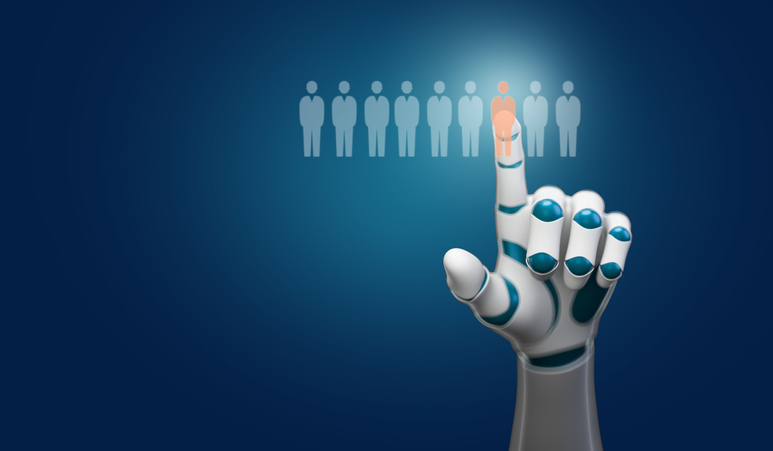The quest for a truly diverse and inclusive workforce is a constant challenge in the ever-evolving hiring landscape. While some fear AI might exacerbate bias, innovative applications of this technology are actually paving the way for a more equitable future.
In this week’s HR Query, Dr. Lindsey Zuloaga, Chief Data Scientist at HireVue – a Human Potential Intelligence company that is empowering teams to identify candidate potential and skills that better predict future success – delves into the potential of AI to create a level playing field for candidates.
Here’s what she had to say.
Is AI leading us to a more inclusive and diverse workforce?
LZ: AI in hiring can create a more inclusive and diverse workforce when applied correctly. A primary driver of these improvements is simply adding consistency to a traditionally ad hoc process. Standardizing the basics of an interview, like the questions asked and evaluation criteria yields tremendous gains for diversity.
Beyond consistency, it is possible to tune AI algorithms in a way that is not possible with human decision making. For example, data that informs a person’s demographic class can be systematically ignored by AI. For these reasons, we’ve seen measurable improvement in diversity with our customers as they implement more standardization and automation.
If so, how is AI eliminating human bias or errors?
LZ: Resumes are notoriously biased. One quick search will show you how much human bias comes as the result of resume evaluation. For example, Black Americans have been penalized based on names and graduates of elite institutions often get fast-tracked. Placing an AI-backed, validated assessment that focuses on highly job-related skills and competencies at the beginning of a process can “blind” the intake from those details.
How is AI changing the importance of certain qualities/skills in potential employees?
LZ: The half-life of skills is rapidly diminishing with the acceleration of new technology, but that just means that companies prioritize competencies with transferable value. For instance, U.S. employers’ top-rated career readiness competencies are communication, teamwork, and critical thinking skills. Additionally, employers are looking for attributes like problem-solving skills, the ability to work in a team, written communication skills, and a strong work ethic.
What does the future of AI and hiring look like?
LZ: The future of AI in hiring is exciting, generative AI will likely solve previously intractable problems such as resume parsing, understanding skill pathways between industries, and coaching people on how to conduct and take better interviews. Our team at HireVue is actively researching how we can safely and ethically integrate generative AI into our platform. Even the most exciting new tech should be rigorously tested before being implemented in higher-stakes domains like job selection.

